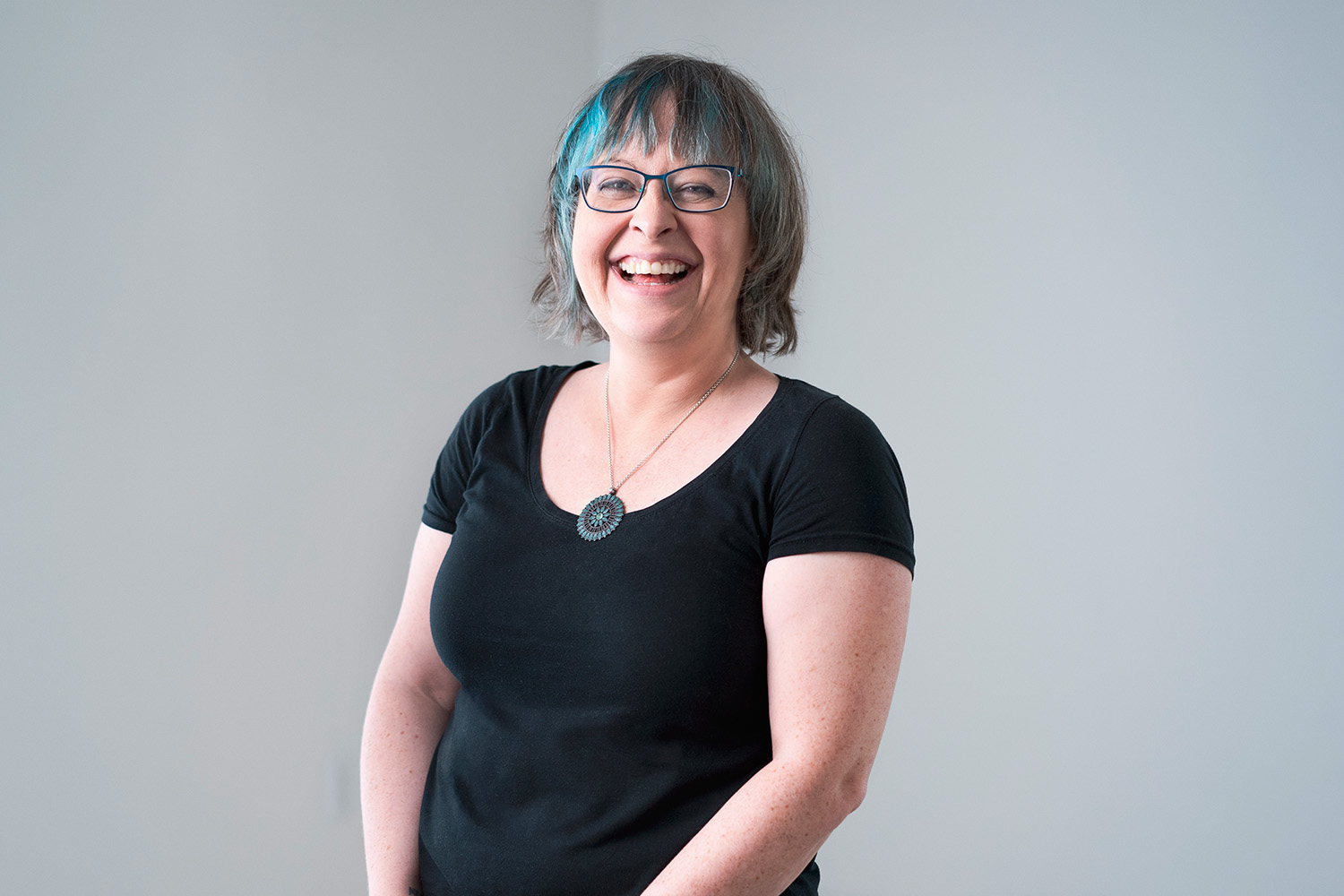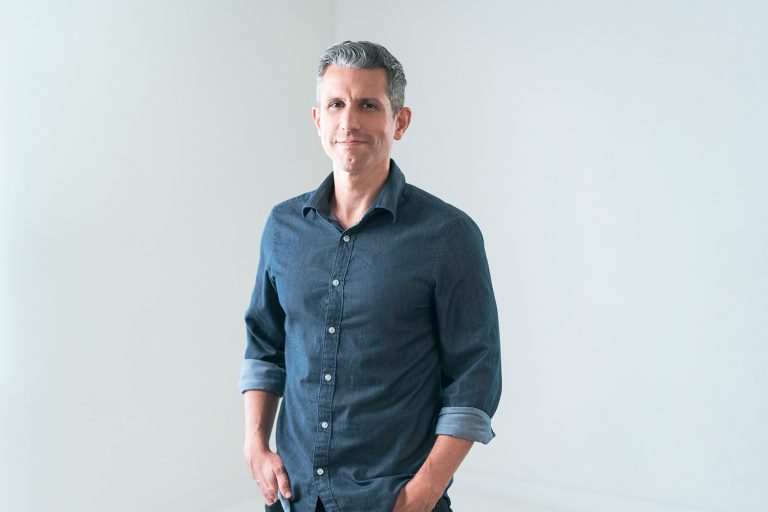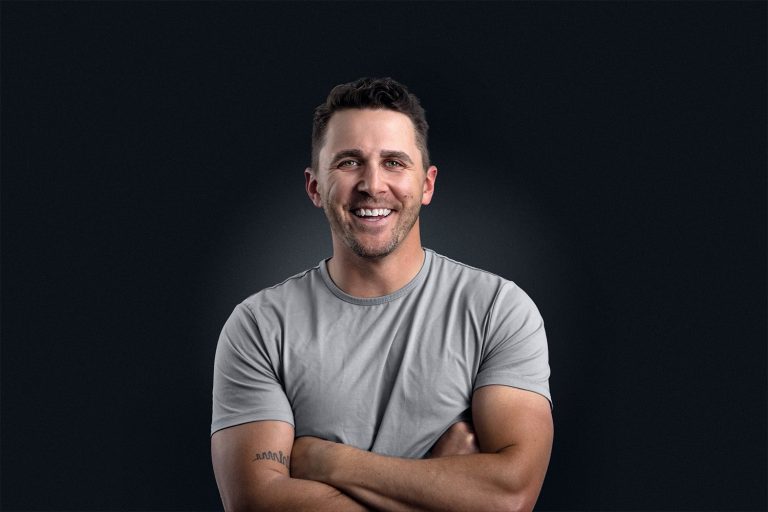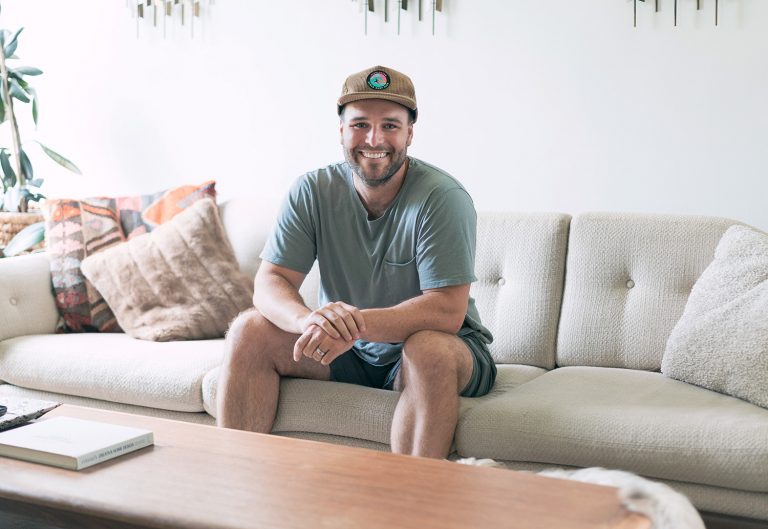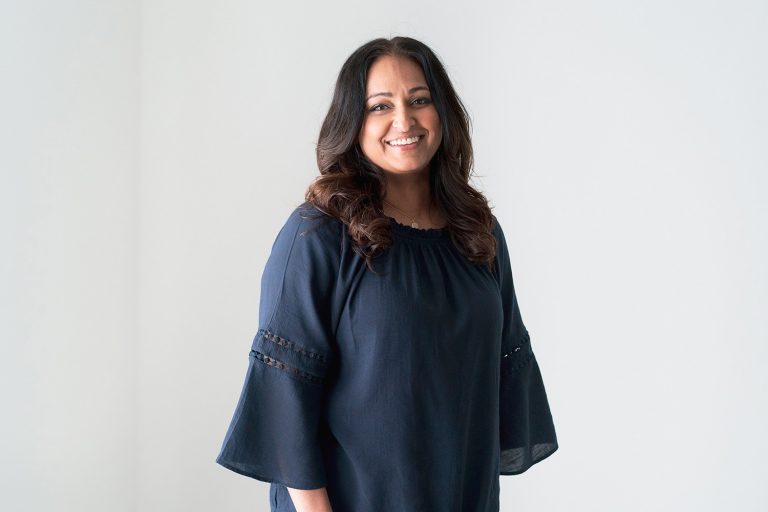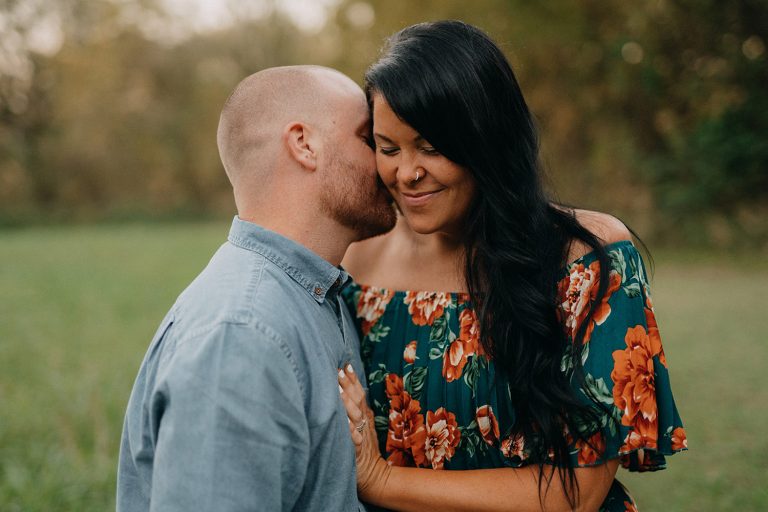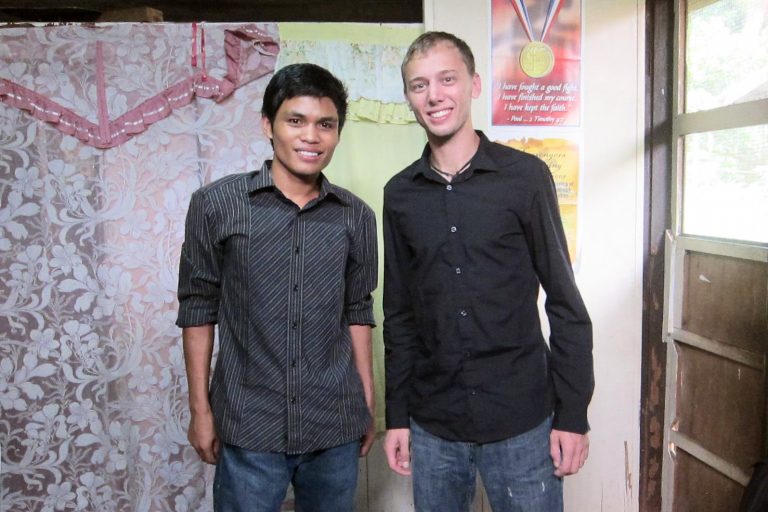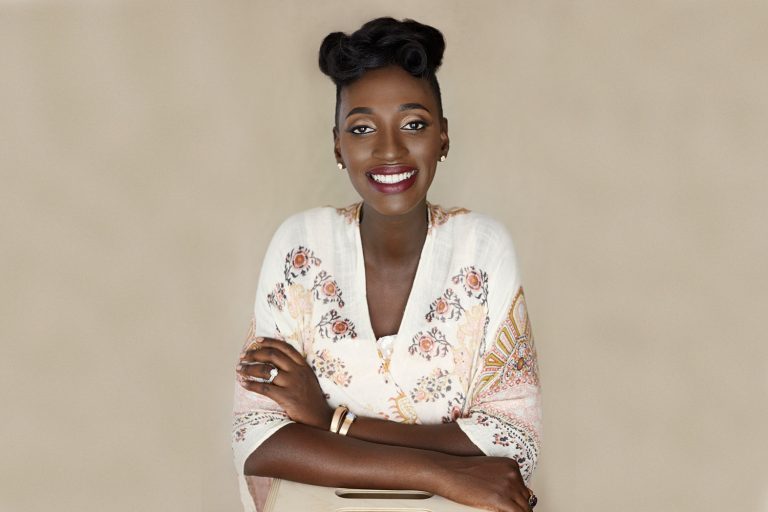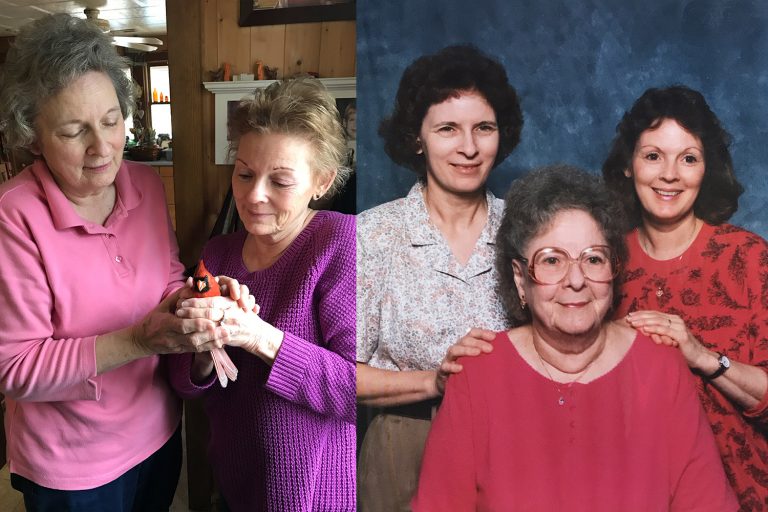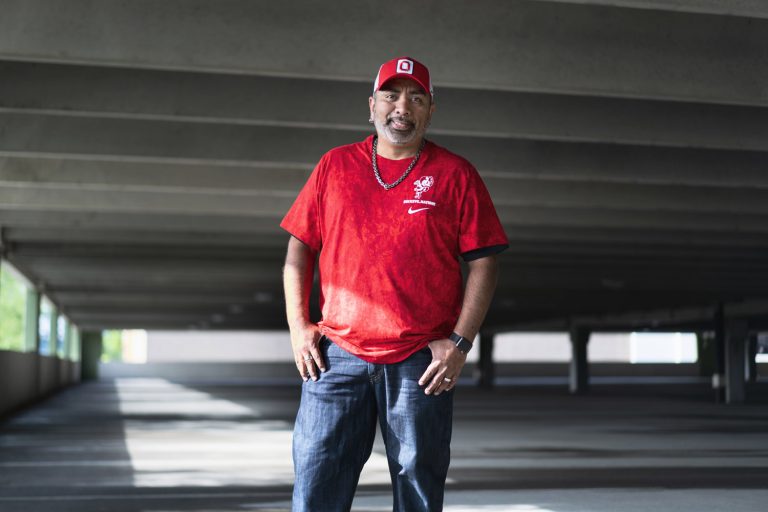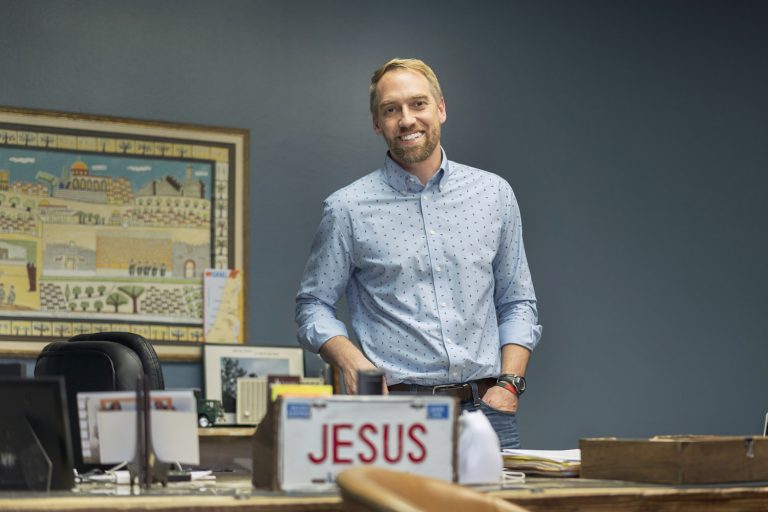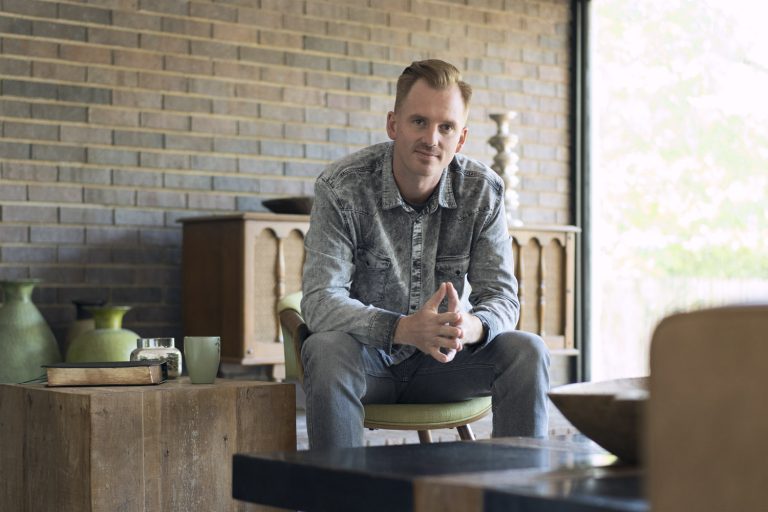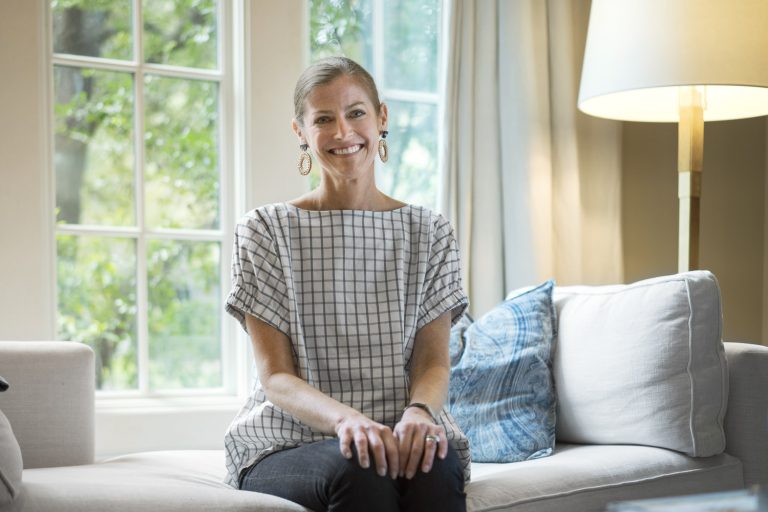Fiona
What Are you waiting for
Hi, I’m Fiona. I am a believer in Christ. I would say I was a follower of the person of Christ. That’s one of my central identities and things of who I am. But that’s been a really long journey, as it is for many people that I’m still on. I’m British, and I live in America, which is also part of my identity.
I’ve been in the United States for about 15 years. I’m married to Justin, and I have two kids, Ethan and Florence. My current role is co-founder and CEO of a software technology for nonprofits called Mine.
I think the thing that I wanted to talk with you all about has to do with worth and value. When you’re telling a good story, you sort of like you get this sneak preview sometimes. So the sneak preview is, that I am absolutely secure in who I am. I am Beloved of the Lord, and that is a
journey, to be able to say that. So I just wanted to tell you a little about that journey, and how it unfolded.
I grew up in a home in the Northeast of England that was part of a strong Christian tradition. But we were, my family wouldn’t call themselves believers in the sense of what we would consider a sort of Christ follower. The UK has such firm roots in the Christian tradition that I went to church but I really didn’t like it. It was, you know, one of the dullest things that we did.
My family was pretty British in the sense that we wouldn’t necessarily talk about things in any particular depth. So I grew up in a household where I think I knew I was loved, but that expression of love wasn’t overly vocalized, and certainly the identity of how that would fit in with a Christ-centered view of love, where you’re loved, no matter what you do, you are beloved. But that doesn’t mean that those things are okay.
So in the North East, we’re pretty well known for our ability to go partying, and that happened pretty early in my life as a teen. And then when you don’t have a strong sense of the value of who you are, that can lead to all sorts of behaviors that just reflect that you don’t know your value, reflect that you don’t know your worth. And so I’d be in bars pretty young, and I’d be out doing things that now I know just really weren’t helpful or good for me, that was pretty destructive, I think, to my soul. And from a pretty early age.
Now, I have a degree in neuroscience and cognitive behavioral psychology. I know a lot more about what happens to that teen brain, the ways that I was learning about self during those teen periods in particular, where I would say, I just didn’t have a value of self and didn’t know that I was beloved in the slightest. And so seeking that in guys or in alcohol or whatever it was, those are the substitutes, right? These are really easy substitutes that feel very nice at the time and also very culturally easy to access.
What an amazing opportunity, why we've got, why we've got breath on this earth to look someone the eye and go, I see your value. I see your worth, and I also see you're capable of flying.
Email Sign Up
I think if you could, like, just if you could think about a rock bottom, like, in terms of value, I would say it was kind of there. I come from a family that would probably be quite vocal about how unconfident they are. My mum, in particular, would say, No, I don’t have any confidence. And, that would, I think, be very much genetically and culturally, passed on to me.
Through all that kind of troubled stuff. At 18 I quite randomly, ended up in Japan, and it was pivotal to helping me understand that, I think, that journey into confidence. And there’s a wonderful book, by the way, by Ian Robertson, about confidence. Yes, which really helps you understand how you learn that skill. And, it’s by doing what you need to do and then learning. And then there’s some, he says it way better, but there’s a clear neurobiological effect of action in gaining confidence.
So the action of me going 5000 miles with no phone, it’s before cell phones, any of those things, working in a nursing home in rural Japan with one other person who I’d met on at the airport in London, and then we were going to live together for the next six months like you can’t help but be shaped by that. I was there for about a year. So through all of that and lots of other things, I ended up in a university in Scotland.
It was on that very first day, I met an old school friend. He met in a phone queue a friend of mine now, my best friend called Jo, and that night we went to the pub, of course. I found out that she was a Christian. She was from Northern Ireland, and I was like, I don’t really know what that is like. You’re religious, right? And the short story of that is, I spent a lot of time in Northern Ireland and would go back and see her, and I went to church with her once, which was weird. Why would you go to church if you didn’t like God?
And I remember very clearly. It was a guy with a very strong Northern Irish accent, a guy saying, “It is the 11th hour, and if you don’t come for the Lord you’re gonna get doomed.” And my heart was really beating and I was like, No, I will not do this. I will, nope, nope. I put my head down. No, I’m not doing it. I weirdly, went back the same day. It was an awful experience. And then she was like, “Oh yeah, it’s church again.” And he did the same thing. And I still, no, I refuse, I refuse to do this. That’s the rebellious side of me. If you tell me what to do, I’m not going to do it.
We ended up doing a thing called the Alpha course, because I’d said to Jo, “I really do want to find out what this thing is that you’re talking about.” And in the course of that Alpha experience, I think was about four weeks in, it was just me sitting with Jo and John in this tiny little church hall just below Stirling Castle, and these lovely people who were like, Why are these young people here? I’m sure they were very surprised that we were even there, because, you know, we were such an anomaly. I remember watching the video, and probably the first time I would say I heard the Lord. He said, “What are you waiting for?” That was like, my first
sort of interaction with the Lord.
And so everything from there onwards is the story of learning back to that very first thing, knowing who I am, and knowing I am Beloved of the Lord. It’s hard to know that if you don’t know the person that is loving you. So all of that is the journey, even if that’s only a tiny bit of the journey. Because from then onwards, over the 20 odd, 25 years, however long it’s been, it has been a huge just wrestling through so many ups and downs so so many challenges.
Coming to the United States was probably one of the biggest ones, of arriving here with a one-year-old and really not having anywhere or anything or any identity to cling to. After working very successfully in the film industry, we had just worked on what then became an Oscar-nominated movie. And so, I’m someone who has a lot of creativity and a lot of initiative, but when you’re doing that in the backdrop you’ve kind of lost everything that helps to make you, you.
I lost my job because, you know, in the film industry, you just go from one job to the next job and so I lost the job. I’d lost my physical environment that helped stabilize me. I’d lived in Edinburgh for about 10 years. Lost my church. All I had was my husband, and he was struggling a little bit as well. And then I was in this place where I didn’t understand any of the ways that this society was constructed. So the healthcare, the transportation, the education, every part of it was a struggle to kind of understand.
It was an incredibly difficult time to walk through. And in all of that, those two things of worth and confidence were always bubbling around, I’d say, in the background, and when you don’t feel like you’re capable of anything. So as a mother, I was like, Well, I’m failing at motherhood, which is the one job that I have right now. Well, clearly I’m not a great person, I was like, Well, I’m a failure at everything because I can’t do anything.
And so at this point, I just wanted to share with you this book, The Boy, The Mole, The Fox, and The Horse, which just speaks a little bit to sort of those different identities. For me this story, it’s a very simple story, but there’s a boy who’s going on a journey. He meets a mole, there’s a fox along the way, and then there’s a horse. The boy in the journey, in the story, he just, there’s a point where he just feels like a failure, and so he’s meeting people along the way.
Just for example, as the boy meets the mole he says, “Well, I think everyone feels a bit lost sometimes at least I know I do.” And so in this story, I feel like an identity with every one of the characters, as the boy is just going on this long journey and finding these friends along the way, and at the same time, just doubting, like I don’t know who I am, but at the same time having these revelations. So even just another one here. “Isn’t it odd that we can only see our outsides, but nearly everything that happens happens on the inside.” So these stories that we tell ourselves.
So there’s a part of me, the cognitive neuroscience part, and that’s a whole other journey that I randomly kind of went, Okay, well, I really like psychology. I didn’t get to study it to the degree that they wanted. Within six weeks of that, I was wandering on the campus at UTD with my six-year-old and two-year-old.
Through all of this, is a growing relationship with the Lord. Now, the Lord is so many things to me, not just God, but my friend is the, probably the one that identified at the moment, most closely, walking alongside me through all of these things, just the whispers that say, “Hey, no, like, I think maybe you got this.”
And so just the fast forward, there’s so many things. One of the narratives in the story is with the horse and he is probably the one who knows its identity the most or is kind of the most sure of themselves. The horse, at one point says, “There’s something I haven’t told you.” “What,” says the boy. “I can fly.” “You can fly?” “Yes, but I stopped because it made the other horses jealous.” “Well, I love you. Whether you can fly or not.” says the boy. Then in the story, the horse unveils its wings. And so the latter part, of my story is the unfolding of wings.
So in all of those things that I described, it’s been a gradual knowing of who I am, and I now feel like the horse, like I know I have wings, like I can fly. But I don’t tell that to…That’s a weird thing to say to people, like, because it’s, it’s, it’s weird.
But I’ve gone on lots of journeys, I’ve seen so many things. I don’t need someone else’s convincing that I have wings, like I know who I am. I’ve walked. I walked through darkness that’s been so dark, and I walked through it, and I haven’t even touched on the work that I’ve done in nonprofits here in Dallas, which have been literally like very dark places. Or the fact that I worked in a dungeon which was one of the darkest places spiritually and emotionally that I’ve ever been in. I just walked through lots of darkness, and I knew the light. I’ve heard the voice of the shepherd.
Sometimes the challenge is the freedom to walk into the fullness of that identity is like, I have a life that is way beyond anything we can ask or imagine, and yet we also have to live in the day-to-day. I still have to make dinner and do the laundry and do that in the context of, no, I have wings. The part of us that is eternal and lives outside of time and space. We can access that through Christ.
Recently coming back to those early days of being in an Anglican Church, and coming back to the rhythms that neuroscience, I think, points us quite strongly to that our bodies and our brains need rhythms to help us. To ground ourselves in our daily lives, but at the same time our spiritual lives, we are capable of so much. And so the part that here is, of having wings, is like, No, I can fly. The value of that is so then I look at you, and I know you can fly too.
When I work with people, particularly those who are the most vulnerable or have been the most hurt, I love encounters with people. I’m just like, hi, I see you, and I see that you’re the mole who’s finding it hard, or that you are the fox who just doesn’t want to talk. He’s like, “No, it has hurt too much I cannot go there.” Or the boy who’s just on a journey here, and I’ve been every single one of those things.
And at times I go back like today, I was pretty much, you know, down there today, it was a rough, rough week. But my keenest identity is, no, I’m beloved of the Lord. And whether someone knows the Lord or not, like I believe they’re made in this image. And so the dignity and the joy that comes from the extraordinary gift that I get to be on Earth right now with you like that’s incredible, and the gratitude that I have can then just spring out wonder and joy and life and peace.
And so that’s my journey of outworking that I just have to keep coming back to, I know I am beloved. And do my kids know they’re Beloved. They’re so sick of me saying that to them, like, yeah, do you know you’re valuable? Do you know you’re worth? One day that’ll land? But then you know, just, even just looking people in the eye, every single person has an opportunity to look them in the eye and go, you’re valuable. You have so much worth. And then what could that worth unfold in you? What are the wings? What would your wings look like? What would a flourishing life look like in you? What an amazing opportunity, why we’ve got, why we’ve got breath on this earth to look someone the eye and go, I see your value. I see your worth, and I also see you’re capable of flying.

